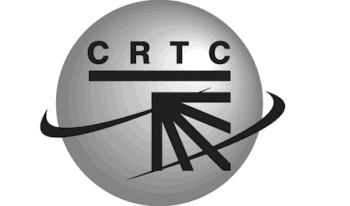
Most Canadians Are Benefiting from the New Wireless Code, CRTC Report Card Reveals

The wireless code was born after lengthy talks between representatives of both parties, consumers and carriers. Finally, the CRTC introduced the new code in December 2013, setting new standards that all Canadian carriers had to adopt.
Since the wireless code has been live for some time now, the CRTC has decided to verify whether the wireless players are complying with the new standards, so it asked the companies to submit reports on their implementation of the code.
The assessment comes in light of previous statements from all major carriers saying that they had already implemented the necessary changes to their contracts, policies, and procedures before the prescribed deadline.
The fact is, Canadians looking for a hardware upgrade immediately felt the changes: In fact, every smartphone became more expensive as two-year contracts became the new standard, instead of three years.
To verify their compliance, the CRTC sent out a report card, which the companies needed to fill out and send back to the regulator. Based on the initial assessment, most companies have made the necessary changes to comply with the new code, although there are some issues at Rogers, for example, as the carrier does not have processes in place to allow customers to opt out of receiving international roaming notifications, the CRTC reported today.
Another issue noticed by the CRTC, based on the report card, is that Bell isn’t fully complying with the trial period requirement, as its customers may be subject to a penalty if they return their device during the trial period. It will make the necessary changes by October 19, 2014, though.
“The CRTC established the wireless code to provide Canadians better guidance with respect to wireless services. We are satisfied that the majority of the population can now benefit from the terms of the code and would like to remind the wireless service providers that they are required to comply with it at all times. The CRTC expects companies that have policies which do not comply with the code to take necessary measures as soon as possible,” said Barbara Motzney, Chief Consumer Officer, CRTC.
The CRTC also reminds Canadian wireless subscribers that they should contact the CCTS if they notice that their carrier is not compliant with the code.

